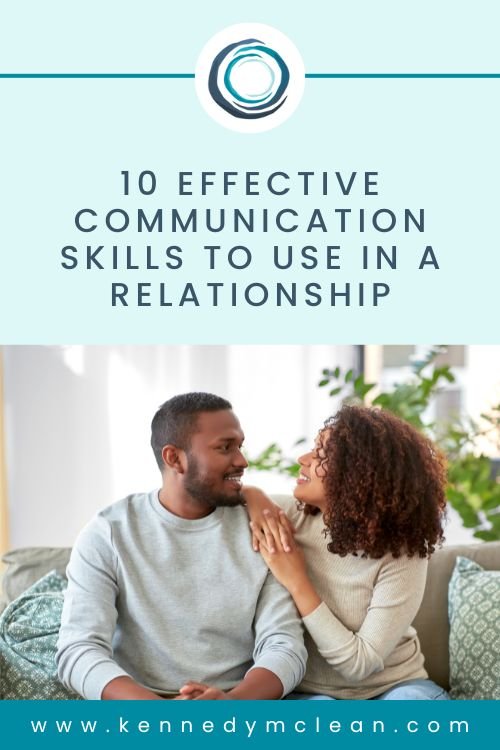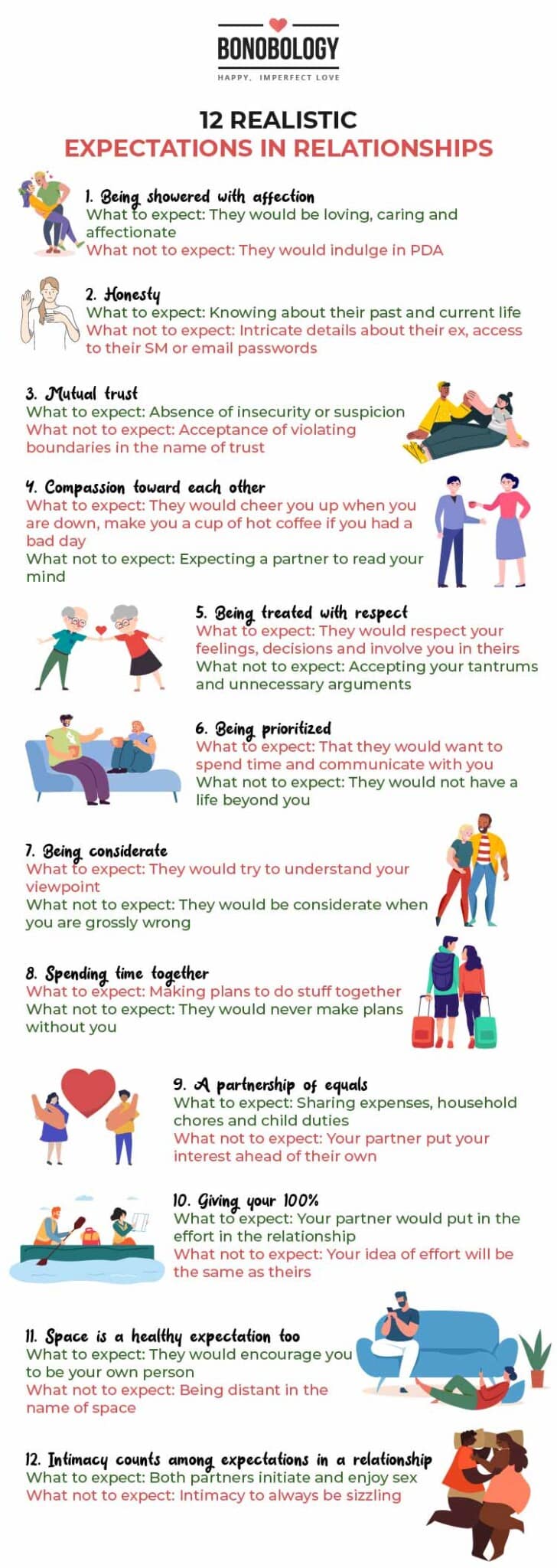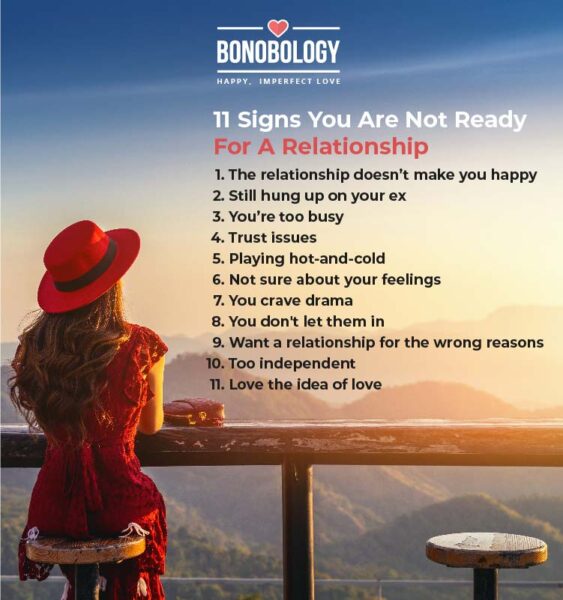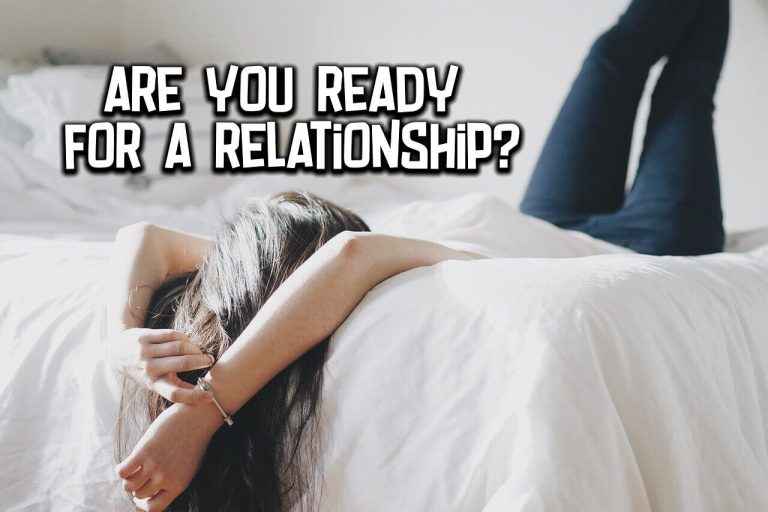:max_bytes(150000):strip_icc()/GettyImages-496678426-c4dbd3b2f0ea4919a72db8ef4ef79577.jpg)
Introduction
What Does It Mean to Be Ready for a Relationship?
Being ready for a relationship isn’t just about finding someone attractive; it involves emotional preparedness and a strong sense of self. It’s about having the willingness to invest in another person while also understanding your own needs and boundaries. Are you truly ready to share your life—and vulnerability— with someone else?
Importance of Self-Reflection
Self-reflection is a crucial step in determining relationship readiness. By taking the time to introspect, individuals can gain insight into their desires, fears, and past experiences that shape their approach to love. Consider these key points:
- Assess Personal History: Reflect on past relationships to identify patterns and learn from mistakes.
- Understand Values: Clarify what you value in life and relationships—this will guide your choices.
- Identify Goals: Think about what you want from a partner, and what you can offer in return.
Engaging in this self-reflective process not only paves the way for better relationships but also fosters personal growth. It prepares individuals to be both partners and friends who can communicate openly and support each other on their journeys.

Understanding Yourself
Identifying Your Personal Goals and Values
Understanding yourself begins with clarifying your personal goals and values. What do you want to achieve in life, and what principles guide your decisions? Here are essential steps to identify your core values:
- Make a List: Write down what matters most to you; family, career, adventure?
- Prioritize: Rank these values to see which ones resonate the most.
- Reflect: Consider how these values influence your daily life and relationships.
Assessing Your Emotional Maturity
Emotional maturity plays a vital role in your readiness for a relationship. It involves being aware of your feelings and reacting appropriately. To assess your emotional maturity, consider these questions:
- How do you handle stress and conflict?
- Are you able to communicate your feelings without blame?
- Do you take responsibility for your actions?
For instance, being able to discuss disagreements calmly rather than resorting to anger demonstrates emotional intelligence.
Analyzing Your Past Relationships
Taking a closer look at your past relationships can reveal valuable insights. Ask yourself:
- What worked and what didn’t?
- How did you contribute to the relationship dynamics?
- What lessons can you apply moving forward?
Writing down these reflections can help chart your emotional growth and set healthier patterns for future partnerships. Understanding your history is critical; it shapes your expectations and prepares you for what you truly desire in a meaningful relationship.

Communication Skills
Effective Communication in a Relationship
Having strong communication skills is essential for any successful relationship. Effective communication isn’t just about exchanging words; it’s about conveying feelings and intentions clearly. Here are some practical tips to enhance your communication:
- Be Clear and Direct: Avoid vague statements that may lead to misunderstandings.
- Use “I” Statements: This helps express your feelings without blaming your partner. For instance, “I feel hurt when…” is more constructive than “You always…”
In my own experience, expressing needs openly has led to deeper connections and fewer conflicts.
Listening Skills and Empathy
Just as important as speaking is listening. Good listeners often foster healthier relationships because they genuinely understand their partner’s feelings. To improve your listening skills:
- Practice Active Listening: Make eye contact, nod, and respond appropriately to show engagement.
- Reflect and Validate: After your partner shares, paraphrase their thoughts to show you’ve comprehended their message. Statements like, “It sounds like you felt overlooked during the event” can validate their feelings and open up dialogue.
Empathy goes hand-in-hand with listening. Understanding your partner’s perspective makes for a more supportive environment, allowing both individuals to feel valued and understood. By cultivating these communication skills, couples can navigate challenges with greater ease and connection.

Relationship Expectations
Setting Realistic Expectations
Establishing realistic expectations is crucial for a thriving relationship. Often, people enter relationships with idealized notions, which can lead to disappointment. To set practical expectations:
- Communicate Openly: Share your hopes, desires, and limitations early on. This helps mitigate misunderstandings.
- Acknowledge Imperfections: No one is perfect. Understand that misunderstandings and mistakes will happen; embrace them as opportunities for growth.
In my experience, discussing expectations early helped my partner and me create a solid foundation, enabling us to navigate challenges without resentment.
Managing Differences and Conflict Resolution
Inevitably, differences arise in any relationship. Handling these differences effectively is vital to maintaining harmony. Strategies for managing conflict include:
- Stay Calm: Approach disagreements with a level head. Taking time to cool off can prevent heated arguments.
- Focus on Solutions: Rather than assigning blame, work together to find a resolution that satisfies both parties.
- Choose Your Battles: Not every issue is worth a confrontation. Sometimes prioritizing peace over being right is essential.
Building a toolkit for conflict resolution allows couples to turn disagreements into opportunities for connection, transforming potential conflicts into growth experiences. By acknowledging uniqueness and learning to compromise, relationships can flourish despite differences.

Emotional Readiness
Handling Rejection and Vulnerability
Emotional readiness involves being prepared to face the ups and downs of relationships, including rejection and vulnerability. Understanding that rejection is a natural part of dating can alleviate some of the sting. Here are a few tips for managing these emotions:
- Reframe Rejection: View it as an opportunity for growth rather than a personal failure.
- Embrace Vulnerability: Share your feelings and experiences; this openness can foster deeper connections.
In my journey, learning to express vulnerability exposed a more authentic side of me, inviting more genuine relationships and support.
Dealing with Trust Issues
Trust issues can undermine even the strongest relationships. Addressing these concerns is vital for emotional readiness. To cultivate trust:
- Communicate Honestly: Share your worries with your partner. Open dialogue can ease fears.
- Build Trust Gradually: Allow time for trust to develop. Small gestures of reliability can lay the groundwork for deeper confidence.
Reflecting on past experiences where trust was broken can help you identify triggers and create pathways for healing. By actively working on these aspects of emotional readiness, individuals can create a more resilient foundation, paving the way for healthier, more fulfilling relationships.

Assessing Your Partner
Compatibility and Shared Values
Assessing compatibility and shared values is crucial for a lasting relationship. Partners who align on core beliefs and life goals often navigate challenges more smoothly. To evaluate this:
- Discuss Goals: Talk openly about your aspirations and dreams—where do you see yourselves in the future?
- Explore Values: Compare your value systems regarding family, career, and lifestyle.
In my own experience, discovering shared values early on created a sense of partnership that made navigating difficulties easier.
Red Flags and Deal Breakers
While it’s important to look for compatibility, identifying red flags and deal breakers is equally vital. Recognizing the signs early can save heartache later. Consider these points:
- Watch for Control Issues: An overly controlling partner can restrict your freedom and autonomy.
- Communication Patterns: Frequent dismissive behavior or lack of respect in conversations can indicate larger issues.
Reflecting on how past relationships have shaped your deal breakers can help in identifying what truly matters. Trust your instincts—never overlook your gut feeling when something feels off. By actively assessing your partner, you build a solid foundation that encourages growth and understanding, setting the stage for a healthy, happy relationship.

Taking the Relationship Test
Answering Questions to Determine Readiness
Taking a relationship readiness test can provide valuable insights into your emotional preparedness and compatibility with your partner. Answering questions honestly is key. Consider these aspects while assessing yourself:
- Personal Goals: Are you clear on what you want from a relationship?
- Past Experiences: Have you worked through past emotional baggage?
- Communication Style: Are you open and honest in expressing your feelings?
In my experience, taking such tests helped clarify areas where I needed to grow, ultimately enhancing my relationships.
Understanding the Results
Once you’ve answered the questions, it’s time to analyze the results. It’s essential to interpret them with a balanced mindset:
- Identify Strengths: Focus on areas where you show readiness and compatibility—celebrate these!
- Recognize Improvement Areas: Look for potential growth areas—what might need your attention before diving deeper?
- Apply Insights: Use these reflections to engage in meaningful conversations with your partner about your relationship’s future.
By thoughtfully engaging with the results, individuals can lay the groundwork for healthier dynamics. Understanding your readiness allows both partners to collaborate on building a stronger bond, ultimately nurturing a fulfilling relationship.

Seeking Professional Help
Relationship Counseling and Therapy
Sometimes, seeking professional help is essential for navigating complex emotional landscapes in relationships. Relationship counseling provides a safe space to explore deep-seated issues. A qualified therapist can help couples:
- Improve Communication: Learn effective strategies to express feelings and resolve conflicts.
- Strengthen Emotional Bonds: Facilitate exercises that enhance intimacy and understanding.
In my experience, attending couples therapy not only provided insights but also fostered empathy between me and my partner, allowing us to address challenges constructively.
Self-Help Resources and Support Groups
In addition to professional counseling, self-help resources and support groups can be invaluable. They offer a sense of community and shared experience. Consider these options:
- Books and Podcasts: Look for recommendations that resonate with your challenges.
- Online Forums: Engaging in discussions with others in similar situations can provide new perspectives.
- Workshops: Many organizations offer workshops that focus on relationship skills and personal development.
I found local support groups incredibly comforting, where hearing others’ journeys reminded me I wasn’t alone in my struggles. By actively seeking professional help and utilizing available resources, individuals can create a proactive approach to relationship health, fostering long-lasting and meaningful connections.

Conclusion
Recap of Key Points
As we reflect on our journey towards relationship readiness, several key points stand out. Understanding yourself, fostering effective communication, and assessing compatibility are foundational steps. Emotional readiness, recognizing red flags, and knowing when to seek professional help are crucial for sustaining healthy relationships. Each aspect contributes to a deeper connection and mutual understanding.
Final Considerations before Commitment
Before fully committing to a relationship, consider these final thoughts:
- Personal Growth: Are you both willing to grow individually and together?
- Shared Vision: Do you see eye-to-eye on important life goals and values?
- Open Communication: Can you express concerns without fear of judgment?
In my experience, taking the time to evaluate these elements leads to a stronger, more resilient partnership. By consciously addressing these considerations, couples can embark on a journey that not only brings joy but also withstands the tests of time, creating a lasting bond built on trust and love.
